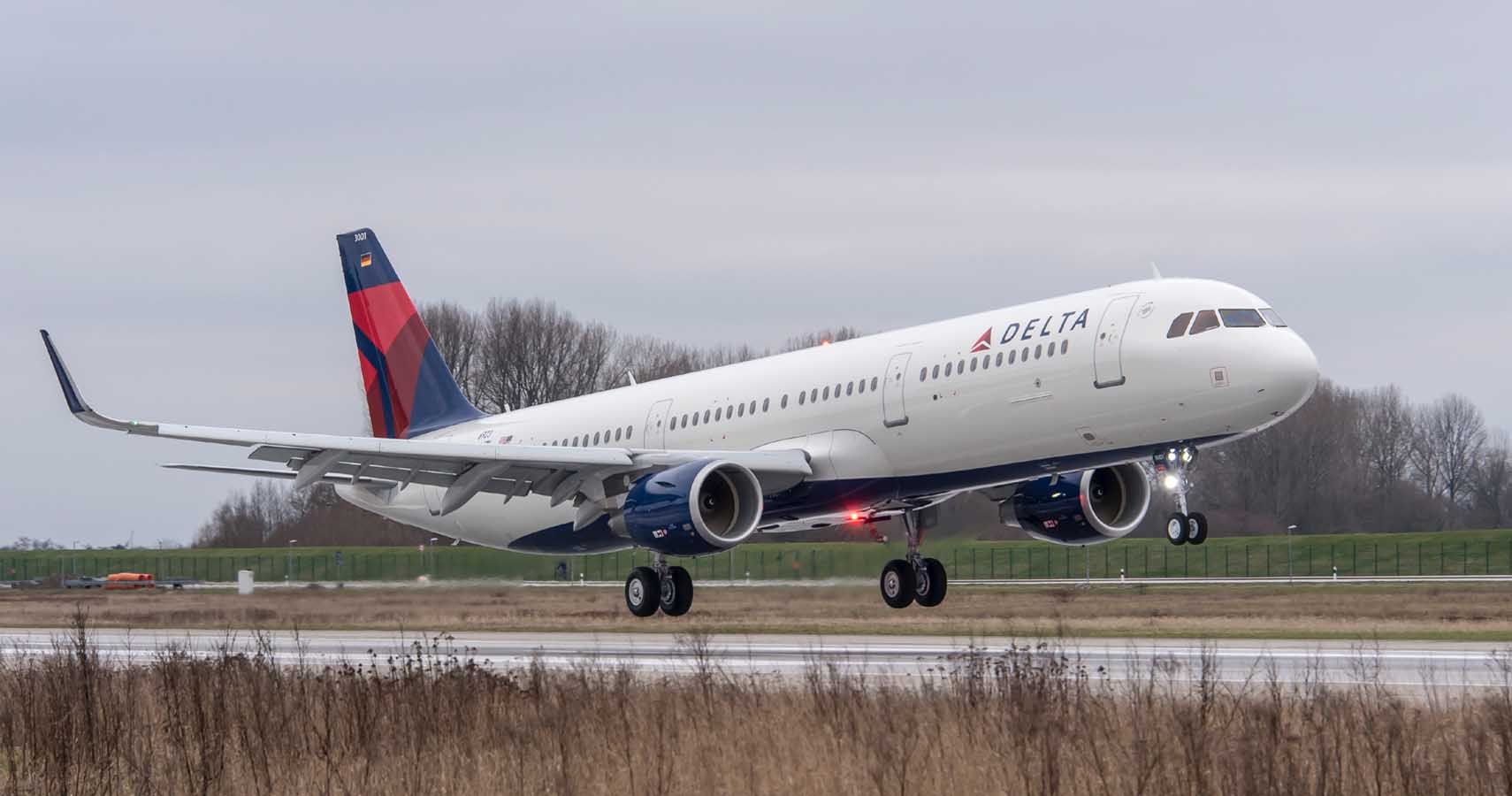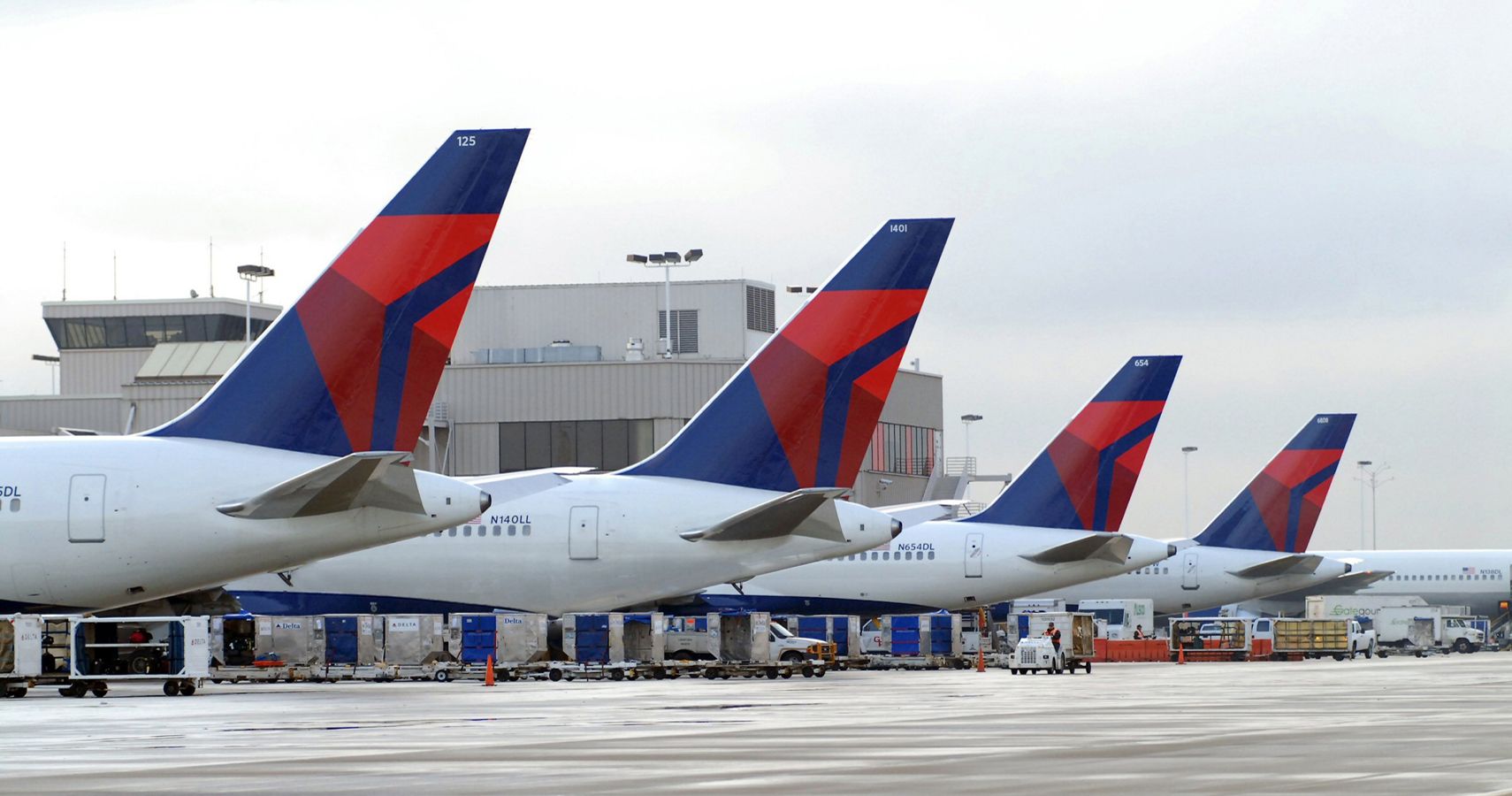Things are looking up for Delta Airlines after the company revealed its third-quarter financial report Thursday. Even though costs are up, especially fuel, which skyrocketed 35 percent over the past year, it didn't stop Delta from raking in $1.31 billion, up by 13 percent from 2017's third-quarter statement. Despite increasing expenses, the company's net income after deductions stood at $11.95 billion, up by eight percent.
Much of the increase in revenue has to do with charging higher plane fares and imposing higher charges for such services as baggage handling and alcohol sales during flights. Despite those increases, Delta did report higher seat sales for sections that go higher than for economy. To that end, the company has promoted new service options like three-course meals served with wine, a forthcoming pet safety initiative and boasting more seatback screens on their planes than any of their competition.
Even though fuel costs have been at a four-year high, the demand for flights has increased overall, especially among corporate travelers. Delta's plan to introduce more fuel-efficient planes like the Boeing 737-900 and airbuses like the A321 is aiming at mitigating those costs.
RELATED: DELTA LAUNCHES STAR TREK-LIKE FACIAL RECOGNITION TO CHECK IN AT AIRPORT
The company's been aggressive in pushing its premium cabin seats, especially those in business class and first class, a strategy that spared an increase in demand as high as 20 percent for those spots on Delta planes. Rather than upgrading travelers to those more expensive sections before they board, Delta has been pushing to sell more premium seating at point of purchase.
Projections towards the end of 2018 indicate that Delta will record a profit of approximately $5 billion for the year, although fuel costs did go up by $2 billion. However, natural disasters like Hurricane Florence did take a chunk out of earnings, costing Delta some $30 million in foregone revenue. Hurricane Michael, which has been pummeling the Florida panhandle, may inflict further financial losses on Delta during the fourth quarter.
Further down the line, once new and larger aircraft start replacing the current fleet through to 2020, Delta is expecting capacity to increase by three percent in 2019. That capacity could result in a 15 percent reduction in costs per seat. The airline did not indicate if decreasing fares could reflect those declining costs.
United Airlines will announce its third-quarter financial results Oct. 27th, with American Airlines and Southwest slated to reveal their earning reports Oct. 25th.
READ NEXT: VIRGIN ATLANTIC LAUNCHES 'PRIDE FLIGHT', ENTIRELY STAFFED BY LGBTQ+ PILOTS AND CABIN CREW


